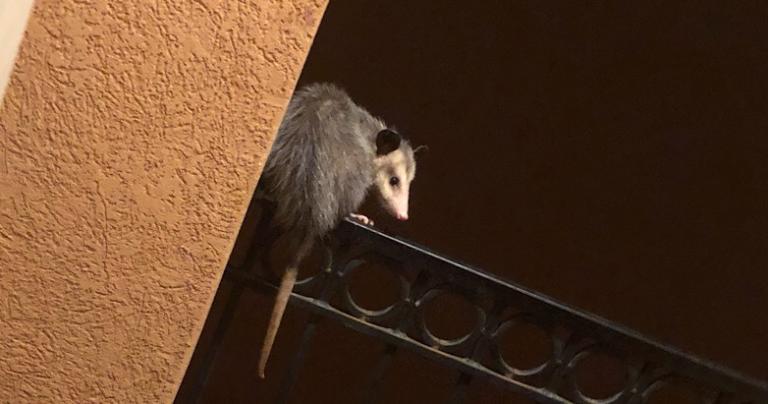 Skepticism is a good tool in any thinking person’s toolbox. Anybody selling anything deserves a critical eye. Skepticism is a first line of defense against bad ideas and terrible used cars. Like any good tool, skepticism can be overused. If all you have is a screwdriver, then the temptation is to think everything a screw, but if you find a nail, then it cannot be screwed. You are.
Skepticism is a good tool in any thinking person’s toolbox. Anybody selling anything deserves a critical eye. Skepticism is a first line of defense against bad ideas and terrible used cars. Like any good tool, skepticism can be overused. If all you have is a screwdriver, then the temptation is to think everything a screw, but if you find a nail, then it cannot be screwed. You are.
Skeptical attitudes misplaced can cause you to miss good ideas and excellent deals.
When?
In human relationships in particular, defaulting to skepticism can be toxic. A person must (when reasonable) let down mental barriers and trust. This must be earned and can be lost, but eventually, in any good relationship the default must be: “I believe, help my unbelief.”
Skepticism misplaced also can cause you to miss interesting ideas because you are stuck with seemingly more reasonable, obvious, or sensible, explanations. You can “fix” the problems and refuse to see what is there.
Here is a simple example of a time when my family missed what was happening because what was happening was so farfetched compared to our very wrong idea.
Dog and Cat Together
We were house sitting a dog, a gentle, lively, playmate with one flaw: excitement produced urine and she was often excited. We also had a cat and the cat was irritated with the excited dog. Athena grew irritated whenever her people disturbed her routine: vacations brought punishment. She would tip books off bookcases and leave gifts in rooms.
Hope and I made the mistake of going on a trip. This irritated the divine Athena.
We came home and sure enough: the dog had continued excited, Athena had tipped books off shelves, and the house was smelly. We cleaned and cleaned.
The dog returned to her home. Actually, we missed her cheerful, doggy ways and the house smell did not improve. Athen did not settle down. She remained upset and stuff kept hitting the floor. We assumed between the deep mess and the continued wrath of Athena that the cat was the problem.
Until one day, Hope was outside working and she saw an opossum sitting inside a window. After getting the critter out, the teenager opossum scampered away, Hope cleaned and cleaned. The dog was (mostly) not responsible and the cat was upset because she was living with an opossum.
We had spent several days with this interloper. We had a sensible answer, but the unexpected was true.
After we realized this, we saw that we had stuck with our old theory too long. We had cleaned up the dog mess. Athena had never stayed this upset before that time. The nocturnal mess and the particular aroma was not like the past. We missed it because we had no experience of an opossum in the house.
Thank God it has never happened again, though friends say the opossum makes a wonderful pet.
Maybe.
We will never know.
Our Lesson
Here are three things to learn from this little tale:
1. Be skeptical even of sensible theories. We could explain all our experiences (we thought) without multiplying entities, yet there was an extra entity! We were misusing Ockham like an atheist explaining away ideas, consciousness, miracles, and the Divine.
2. Once you see something new, don’t let old ideas keep you from the truth. We saw the opossum and our world changed. The change wasn’t easy–imagine bleaching thousands of Legos–but it changed. Our experience changed our ideas and this happened quickly.
3. We should have been less critical of our cat and more critical of our explanation. We had experience of our cat over years and too easily blamed her for crimes she did not commit. In retrospect, we had the data to know the opossum was there, but we clung to our cat theory: overly skeptical of her and too little skeptical of our theory.
Finally, we are (sometimes) asked here in Texas, why (being from West Virginia) we did not have dinner at the end of the tale.
Ahem.
I once asked my grandfather, who had to live and eat at the height of the Depression, what he had eaten. He shot all kinds of game (including squirrels!) and farmed all sorts of produce. “Did you ever eat opossum?” I asked.
He looked at me and looked some more. He said something like this: “No. What’s wrong with you?”
Do not eat opossum. Do not misuse skepticism. Consider odd ideas.















